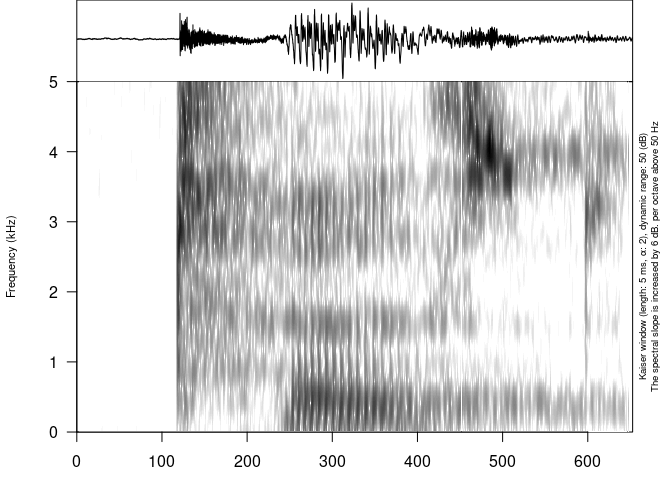In this post I will explain the history behind BaseSet then a brief introduction to sets, followed by showing what you can do with BaseSet.Brief BaseSet history I study diseases to try to find what causes them at a research institute associated with an hospital.Thanks to recent technological advances we can analyze many things from a single patient’s sample.Having so much information available can be overwhelming, making it difficult to find
The rOpenSci community is supported by our Code of Conduct with a clear description of unacceptable behaviors, instructions on how to make a report, and information on how reports are handled. We, the Code of Conduct Committee, are responsible for receiving, investigating, deciding, enforcing and reporting on all reports of potential violations of our Code.
Our community is our best asset. It’s so important to us, it’s in our mission statement. We recognize that communities are not inclusive by default; they require deliberate attention, including an enforceable Code of Conduct. rOpenSci is committed to providing a safe, inclusive, welcoming, and harassment-free experience for everyone.

Science craft As a field linguist, I have spent a lot of time working in villages in the Caucasus, collecting audio from speakers of indigenous languages. The processing of such data involves a lot of time-consuming tasks, so during my field trips I created my own pipeline for data collection.
A new version of vcr was just released. See the release notes for all the details. I want to highlight a few of the more notable changes.New contributor vcr has a new author: Maëlle Salmon.
rOpenSci HQ We’re thrilled to announce three new rOpenSci Software Review Editors: Laura DeCicco, Julia Gustavsen, and Mauro Lepore and we released the fifth version (v0.5) of the rOpenSci Developer Guide. Our Community Call on The Wild World of Data Repositories took place Dec 16 with an audience of 153 people!
The rOpenSci project is 100% supported by grants and donations. If you’re giving this season, please consider donating to rOpenSci. Your donations allow us to support internships, contractors, web services, and community events. We foster a culture that values open and reproducible research using shared data and reusable software.

In a year where it has been hard to pay attention to anything not critical to our day-to-day lives, you have continued to share your time, expertise, enthusiasm, and willingness to try things with us. Our staff of developers, researchers, and community builders work to create technical and social infrastructure to lower barriers to working with research data, and you, our community, continually help us push farther.

Introduction Few months ago, I embarked on a full stack spatial data project at work. The project kicked off amazingly, until I was almost backed to the wall when I discovered that some of the data sources were served via a GraphQL API. Before now, I haven’t worked with GraphQL. But, I have heard a lot about it and how amazing it is for querying data.

With this blog post, I show how to use the mcbette R packagein an informal way.A more formal introduction on mcbettecan be found in the Journal of Open Source Science 1 .After introducing a concrete problem, I will show how mcbettecan be used to solve it. After discussing mcbette, I will conclude withwhy I think rOpenSci is important and how enjoyablemy experiences have been so far.The problem Imagine you are a field biologist.